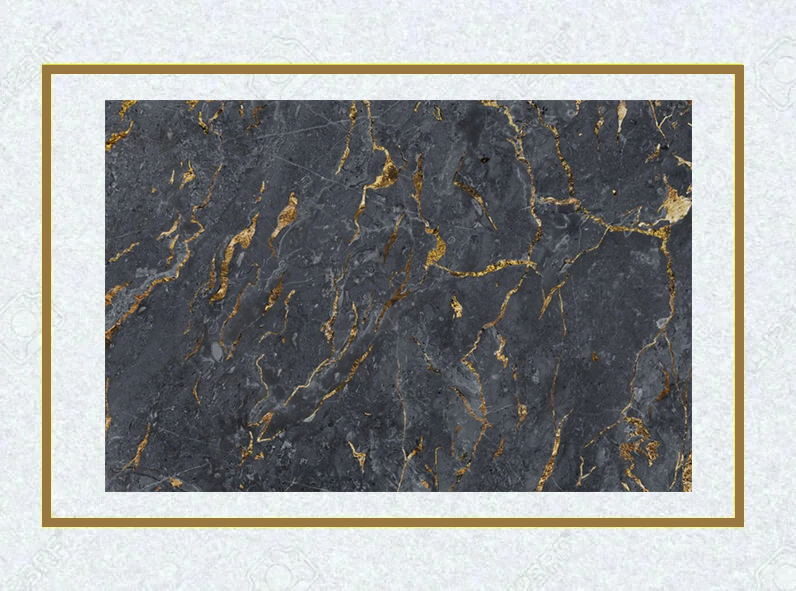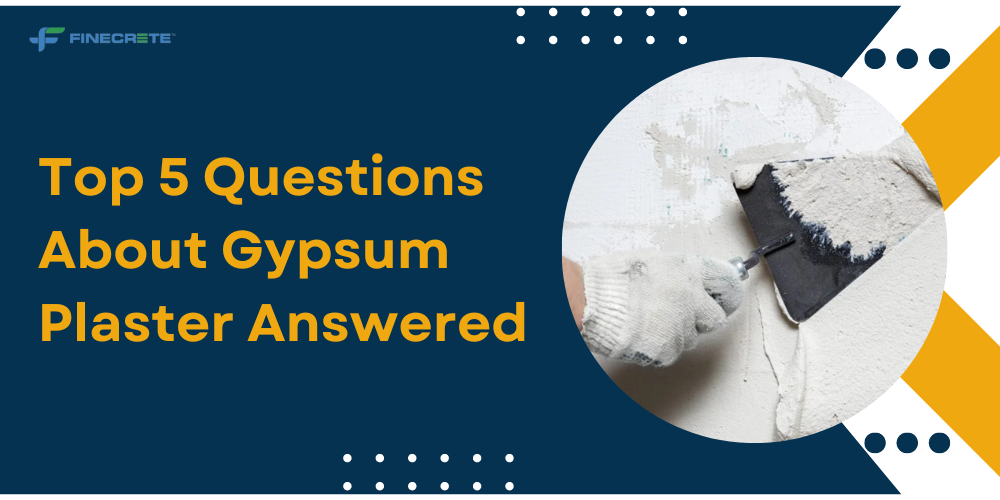Gypsum plaster is a popular choice for wall and ceiling finishes due to its smooth finish and ease of application. However, there are some common questions that arise when it comes to using gypsum plaster. Here are answers to the top 5 questions asked by customers to gypsum plaster suppliers in NCR about gypsum plaster.
- Can Gypsum Plaster Be Used Outside?
Gypsum plaster is not suitable for use outside as it is not waterproof and can absorb moisture, leading to damage and degradation. Exposure to rain, snow, and humidity can cause the plaster to crack and crumble. In addition, sunlight can cause discoloration and fading. Therefore, it is recommended to use other materials such as cement plaster, acrylic plaster, or lime plaster for external walls and surfaces.
- Is Gypsum Plaster Waterproof?
No, gypsum plaster is not waterproof. It can absorb moisture, which can cause the plaster to soften, weaken, and eventually crumble. Therefore, it is not suitable for areas that are prone to water exposure such as bathrooms, kitchens, and exterior walls.
- Is Gypsum Plaster Fire Resistant?
Gypsum plaster is not completely fire-resistant, but it has a high resistance to fire due to its non-combustible nature. In case of fire, gypsum plaster does not contribute to the spread of flames, but instead acts as a fire retardant, reducing the amount of smoke and heat generated. However, it is important to note that gypsum plaster can lose its strength and durability if exposed to high temperatures for a prolonged period of time.
- Is Gypsum Plaster Toxic?
Gypsum plaster from the best gypsum plaster manufacturers in NCR is non-toxic and does not contain any harmful chemicals or volatile organic compounds (VOCs). It is safe to use in residential and commercial spaces. However, it is important to follow safety precautions such as wearing gloves and masks while handling and applying the plaster.
- How Long Does Gypsum Plaster Last?
The lifespan of gypsum plaster depends on several factors such as the quality of the plaster, the environmental conditions, and the installation process. Generally, gypsum plaster can last for up to 25-30 years if properly installed and maintained. However, exposure to moisture, humidity, and extreme temperatures can cause the plaster to degrade and crack, reducing its lifespan.
Conclusion
Overall, gypsum plaster is a versatile and easy-to-use material for wall and ceiling finishes. However, it is important to understand its limitations and uses before choosing it for a particular project. Gypsum plaster is not suitable for use outside or in areas that are prone to water exposure. It is also not completely fire-resistant and can lose its strength if exposed to high temperatures.
That being said, it is non-toxic and safe to use in residential and commercial spaces. With proper installation and maintenance, gypsum plaster can last for up to 3 decades. For any further questions about gypsum plaster, it is recommended that you have a proper discussion with a professional plasterer or contractor. You should have a clear idea before you use the material for own requirements.






